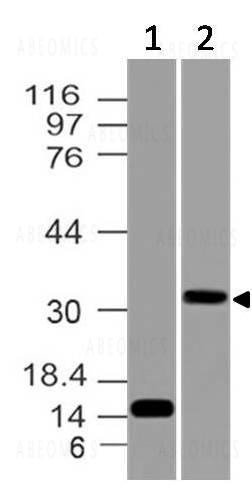Cookie preferences
This website uses cookies, which are necessary for the technical operation of the website and are always set. Other cookies, which increase the comfort when using this website, are used for direct advertising or to facilitate interaction with other websites and social networks, are only set with your consent.
Configuration
Technically required
These cookies are necessary for the basic functions of the shop.
"Allow all cookies" cookie
"Decline all cookies" cookie
CSRF token
Cookie preferences
Currency change
Customer-specific caching
FACT-Finder tracking
Individual prices
Selected shop
Session
Comfort functions
These cookies are used to make the shopping experience even more appealing, for example for the recognition of the visitor.
Note
Show the facebook fanpage in the right blod sidebar
Statistics & Tracking
Affiliate program
Conversion and usertracking via Google Tag Manager
Track device being used

| Item number | Size | Datasheet | Manual | SDS | Delivery time | Quantity | Price |
|---|---|---|---|---|---|---|---|
| ABE-11-7543-25 | 25 µg | - |
3 - 11 business days* |
134.00€
|
If you have any questions, please use our Contact Form.
You can also order by e-mail: info@biomol.com
Larger quantity required? Request bulk
You can also order by e-mail: info@biomol.com
Larger quantity required? Request bulk
Programmed death ligand 1/PD-L1 (also called B7-H1 and CD274) is a T cell inhibitory molecule... more
Product information "Anti-PD-L1"
Programmed death ligand 1/PD-L1 (also called B7-H1 and CD274) is a T cell inhibitory molecule that is expressed on antigen presenting cells (APC) leading to T cell anergy and/or apoptosis upon ligation to its receptor Programmed death-1 (PD-1, CD279) on T cells. PD-L1 is expressed on tumor cells of a subset of breast cancer patients. It could also induce EMT and enhance RCC cell cancer stemness through up-regulation of SREBP-1c. Blocking the immunosuppressive PD-1/PD-L1 pathway has antitumor activity in multiple cancer types, and PD-L1 expression on tumor cells and infiltrating myeloid cells correlates with the likelihood of response. Protein function: Plays a critical role in induction and maintenance of immune tolerance to self. As a ligand for the inhibitory receptor PDCD1/CD279, modulates the activation threshold of T-cells and limits T-cell effector response (PubMed:11015443). The PDCD1/CD279-mediated inhibitory pathway is exploited by tumors to attenuate anti-tumor immunity and facilitate tumor survival (PubMed:28813417, PubMed:28813410). Through a yet unknown activating receptor, may costimulate T-cell subsets that predominantly produce interleukin-10 (IL10) (PubMed:10581077). [The UniProt Consortium]
| Keywords: | Anti-B7H1, Anti-B7-H1, Anti-CD274, Anti-PD-L1, Anti-B7 homolog 1, Anti-PDCD1 ligand 1, Anti-Programmed death ligand 1, Anti-Programmed cell death 1 ligand 1, Polyclonal Antibody to PD-L1 |
| Supplier: | Abeomics |
| Supplier-Nr: | 11-7543-25 |
Properties
| Application: | WB |
| Antibody Type: | Polyclonal |
| Conjugate: | No |
| Host: | Rabbit |
| Species reactivity: | human |
| Immunogen: | A partial length recombinant PDL1 protein (amino acids 18-227) was used as the immunogen for this antibody. |
| Format: | Purified |
Database Information
| KEGG ID : | K06745 | Matching products |
| UniProt ID : | Q9NZQ7 | Matching products |
| Gene ID : | GeneID 29126 | Matching products |
Handling & Safety
| Storage: | -20°C |
| Shipping: | +4°C (International: +4°C) |
Caution
Our products are for laboratory research use only: Not for administration to humans!
Our products are for laboratory research use only: Not for administration to humans!
Information about the product reference will follow.
more
You will get a certificate here
Viewed






